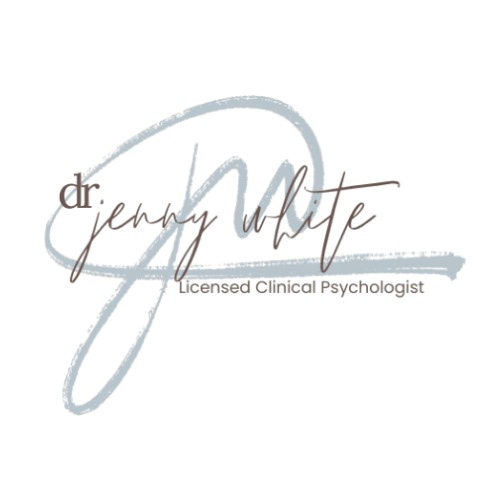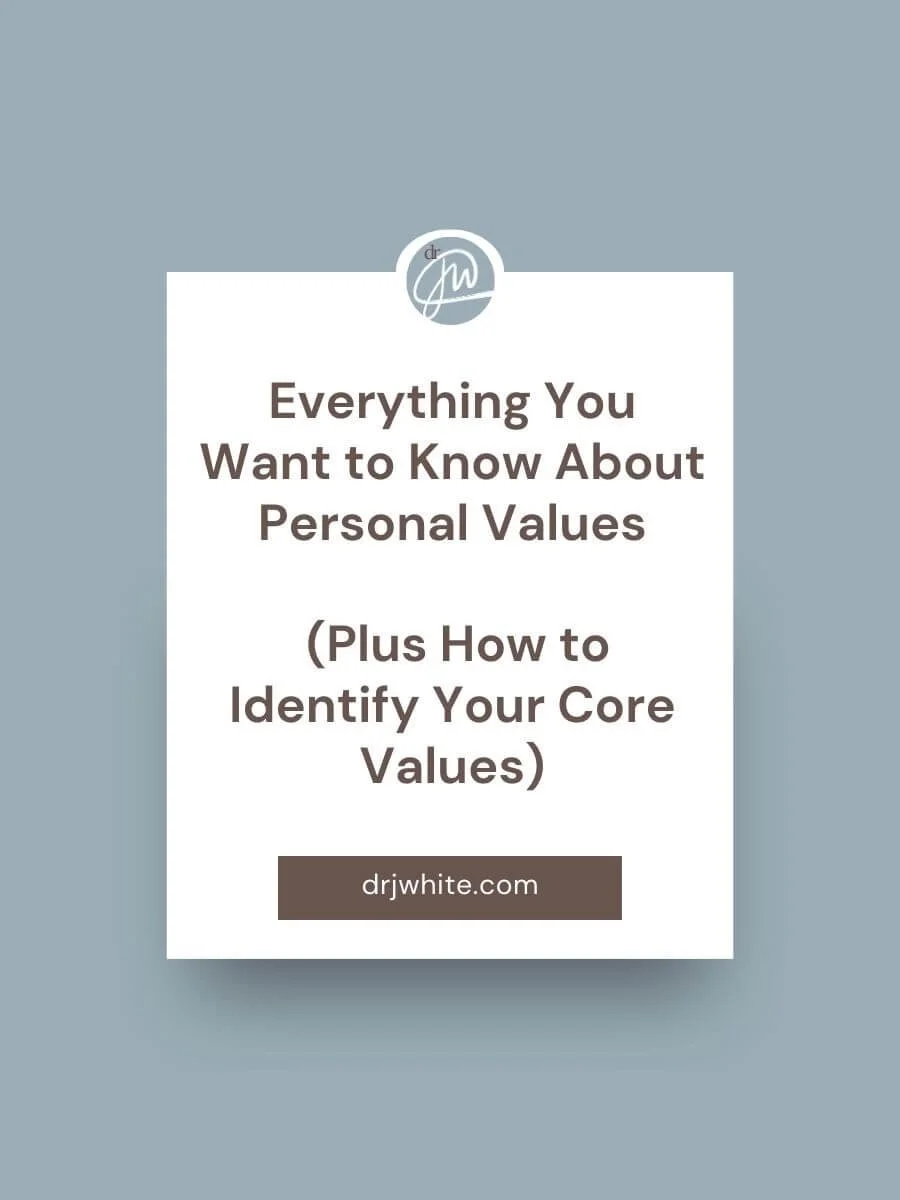In Support of Naps
Is napping a controversial issue? Sometimes I think it can be. People seem torn on the idea. Is it good? Bad? What if you just aren't a “napper?” Are you supposed to nap? If you are, how long is the “right” amount of time to nap without destroying nighttime sleep?
As in many things, the answer is often: it depends.
What I have learned over the years, through study and practice, is that naps can be a wonderful addition to your routine if you consider some basic guidelines. When naps work well, you can wake up more focused and energized - ready to tackle the rest of your day!
Assess Your Current Sleep Habits
First, take stock of your sleep habits and patterns. If you are someone who really struggles to fall asleep at night, you might find that lengthy naps during the day make it even more impossible to get quality sleep at nighttime. You can get into vicious cycles of not sleeping well, feeling tired during the day, and napping to make up for it.
If you struggle with severe insomnia or other disordered sleep patterns, I’d highly recommend seeking professional support since sleep is such an important part of your overall health and well-being. If you have more mild frustrations with getting to sleep at night, you might review your sleep hygiene practices and see if any changes can help improve your nighttime rest.
When Should I Nap?
So, when is a nap appropriate?
Usually, you can feel the fatigue hitting you. Your eyes get heavy and maybe you find you are having trouble focusing. Sometimes it’s right after lunch or maybe following a stressful or lengthy meeting. Naps can be a great way to recenter and refresh.
If you determine a nap is the right choice for you, here is something you can try:
Find a comfortable place to lay down. You might just be able to prop your feet up on something and rest your head back in the chair. Or you might have access to a comfortable chair, sofa, or bed depending on where you are and what your work or current environment’s set up looks like.
Set a timer! Seriously, this is important to make sure you don’t oversleep. A 20-30 minute timer is ideal.
Close your eyes and drift away. If you find it difficult to fall asleep because your mind is racing, consider practicing some mindfulness meditation or focused breathing exercises.
When the timer goes off - get up. You might be surprised at how much benefit you can get from just a short rest of your eyes and mind.
I do this for myself regularly. If I am having a day when I just cannot keep my eyes open, or I’ve got that post-lunch sluggishness, I lay down on the couch in my office and set a timer for 20 minutes. Often, I drift off before I realize it and wake up before the timer even starts to ding. Nine times out of ten, I feel much more energized and focused following one of these naps. Now, certainly there are days when more rest is needed and I may not have the ability to get it during the day.
You Might Ask: What If I Can’t Nap?
I definitely hear people say they aren’t nappers. Either they don’t like to or they have trouble sleeping during the day or they find it is more disruptive than helpful. That’s okay. If you don’t want to nap or don’t feel like you need one, no problem, you certainly don’t have to take naps.
If you are someone who wants to nap or feels they could benefit from it but struggles to actually do it, consider giving it some practice. Try the timer. Play around with location and different sounds for background noise.
It Doesn’t Have to Be a Nap to Be Rest
Another option is to reframe the goal. Maybe for you the goal is not to fall asleep but to just lay down with your eyes closed for a period of time to rest your mind. This can be beneficial even if you don’t actually fall asleep! Give it a try. And again, if you struggle with relaxing your body or your mind, give mindfulness or progressive muscle relaxation a try and see how it feels. You may just surprise yourself with the benefits!
Summary/TL;DR
Napping, when done mindfully, can recharge your body and mind, boosting energy and focus. By setting a timer for 20-30 minutes and practicing mindfulness if needed, you can make naps a part of your self-care routine. Even if you don’t sleep, taking time to rest can offer surprising benefits.






